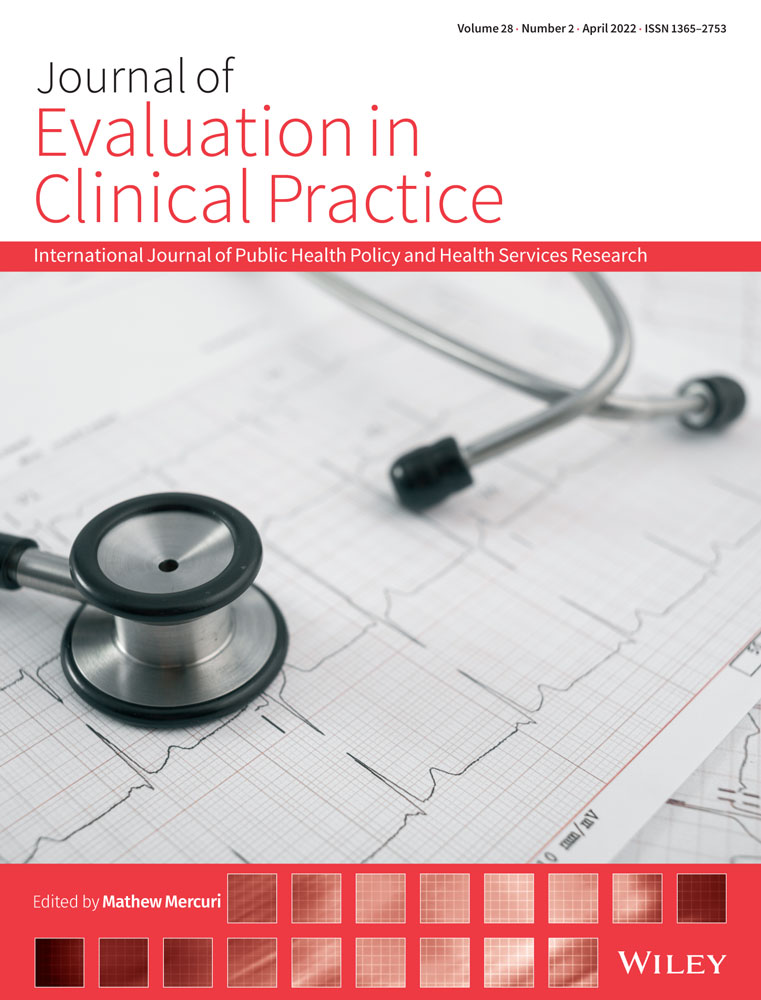What do we mean, ‘necessary’?—Achieving balance and recognizing limits in primary healthcare and universal healthcare
Abstract
Sturmberg and Martin make a compelling case for primary healthcare (PHC) to be the foundation for universal healthcare (UHC). They state that a system should have necessary resources, but what does that mean? Basic economic theory postulates that all resources are limited and that choices must be made between competing options. For a UHC system to be successful and resilient, it must accept that healthcare is a limited right, there will always be inequalities in healthcare delivery and outcomes, primary care physicians and their teams must accept the added burden of balancing the needs of their personal patients with the greater system, leaders and observers of healthcare systems must accept that moderation and balance will often be the best outcome even though they are difficult to measure, and leaders of healthcare systems must accept that they cannot control the system, but contribute by providing context and limited constraints, information, and resources. A deeper understanding of complex adaptive systems will best guide these necessary changes.
CONFLICT OF INTEREST
Dr Young discloses that he has created a novel primary care documentation, coding, and billing system: SENTIRE, LLC at www.sentirecare.com. There was no external funding for this paper.
Open Research
DATA AVAILABILITY STATEMENT
Data sharing is not applicable to this article as no new data were created or analyzed in this study.




